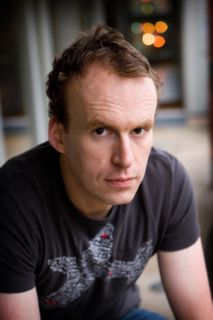How to banish clouds
January is not a good month for me. Traditionally, if I dip back into depression or anxiety it will happen in October or January.
And this year it happened. Just anxiety, but that is bad enough.
Two weeks ago I started to get that familiar tightness and tingling in my chest. My dreams dove into surreal nightmare territory. I’d wake up at three in the morning and battle with my breathing and my mind to stay in control. I’d feel like an internal Russian Doll version of me was trembling all the time, a kind of vibration that couldn’t be seen (my hands were steady as a rock), but which I felt humming inside me.
Now, for people who don’t know the difference between anxiety and Anxiety I’ll explain. Normal anxiety – the kind I pretty much always have – is when you worry about things, but you can still distract your brain away from things via such anaesthetics as television and books and Twitter and the folks you love.
Capital A anxiety is different, because you are inside your fear. You can’t stop worrying for a second any more than you can stop having flu for a second. When I am in this state, everything has to be perfect. I have to eat healthily, have to be in bed by eleven, and exercise just the right amount (for me, a morning 5k run is the right balance between two much and too little). If I mess up it gets worse. If I think of an actual worry, however minute (an email that hasn’t arrived, a negative comment a publisher said) it hurts like salt in an open wound. But mainly, the worry is the worry. Anxiety is the most postmodern illness. It is entirely self-referential.
Normally, I would be in this invisible nightmare for three weeks. This time, it was more like five days. And you suddenly look at the world in bewilderment, like people must feel after they’ve been to war. Everything – friends, trees, shops – looking exactly as they did before, as if nothing had happened. Still, calm, blades of grass, as calm and green and unknowing as ever.
I’ve worked out that anxiety can be beaten by believing it can be beaten. The more times I get anxiety and then get over it, the easier it is to believe this. Anxiety is the illness that feeds on itself. I was once trapped inside it for nearly three years. It nearly took my life, because it is an illness that can be infinitely horrible, because it is a disease of thought, and thoughts are infinite.
To paraphrase Horatio, anxiety is bad because thinking makes it so. You can’t simply think yourself out of it, but you have to hold on to the idea that it is beatable, and that it can be conquered.
Because even though anxiety feels like everything, it is also actually nothing.
Sometimes, just sometimes, a cloud can be banished just by knowing there is a sun.

